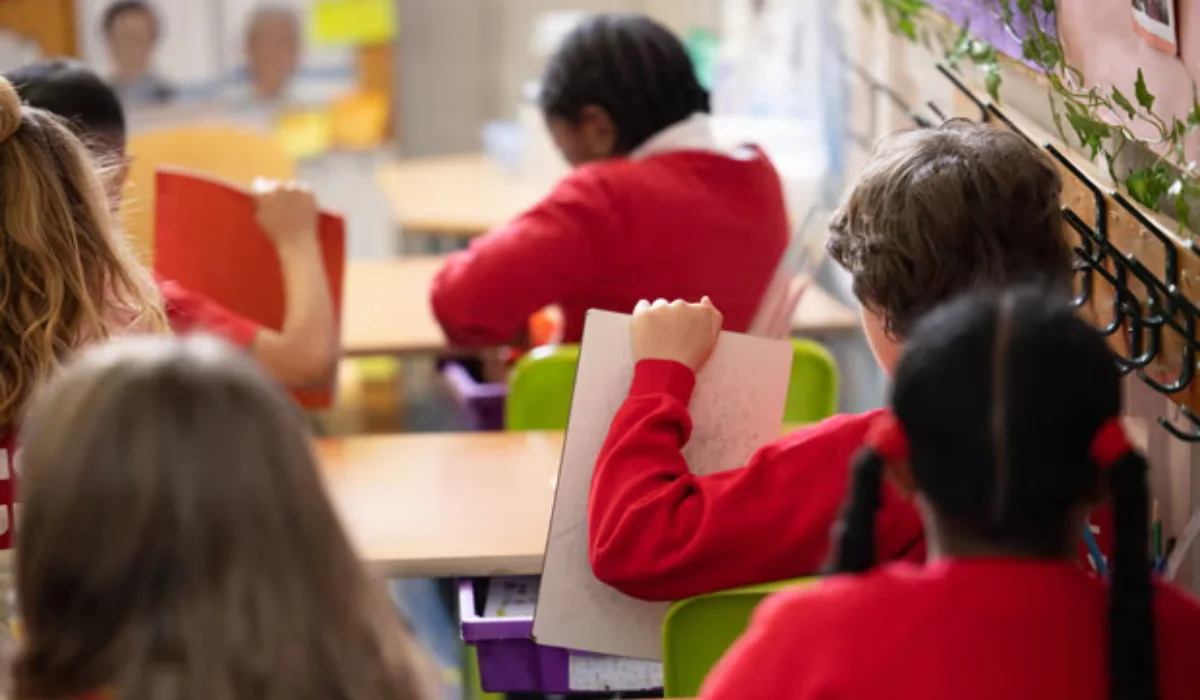The proposed VAT hike has sparked widespread concern among parents and educators alike. Critics argue that the increase in fees could lead to a decline in the number of students attending private schools, as more families may be priced out of the independent education sector. This, in turn, could lead to overcrowding in state schools, as parents seek alternative educational options for their children.
Private schools, which often rely on fee income to maintain facilities, hire qualified staff, and offer extracurricular activities, could face financial challenges if enrolment drops. Some schools may be forced to cut back on programs or even close their doors if they cannot sustain the increased financial burden brought on by the VAT change.
Potential Impact on Social Mobility
Another concern is the potential impact on social mobility. Many private schools offer scholarships and bursaries to students from less affluent backgrounds, allowing them to access high-quality education that would otherwise be out of reach. However, if fees rise significantly, the ability of these schools to provide financial aid could be compromised, reducing opportunities for talented students from lower-income families.
Educational experts also warn that the VAT hike could exacerbate educational inequality. With fewer families able to afford private education, the gap between state and independent schools could widen, potentially leading to a two-tier education system where only the wealthiest families can afford the best opportunities for their children.
**Political Debate Intensifies**
As the debate over Labour’s VAT proposal intensifies, political opponents have been quick to criticize the policy, arguing that it could have unintended consequences for the education sector. Some have called for a more balanced approach, suggesting that the government should focus on improving state education rather than penalizing private schools.
Labour, however, defends the policy as a means to generate additional revenue for public services and reduce the perceived privilege of private schooling. They argue that the funds raised from the VAT on private school fees could be reinvested in state schools, helping to level the playing field and provide better resources for all students.
Parents Urged to Plan Ahead
With the potential for significant fee increases on the horizon, financial advisors are urging parents to plan ahead. Families may need to reassess their budgets, explore alternative education options, or consider applying for scholarships and bursaries if they wish to keep their children in private education.
As the policy debate continues, parents and educators alike will be watching closely to see how Labour’s VAT proposal unfolds and what it could mean for the future of private education in the UK.

